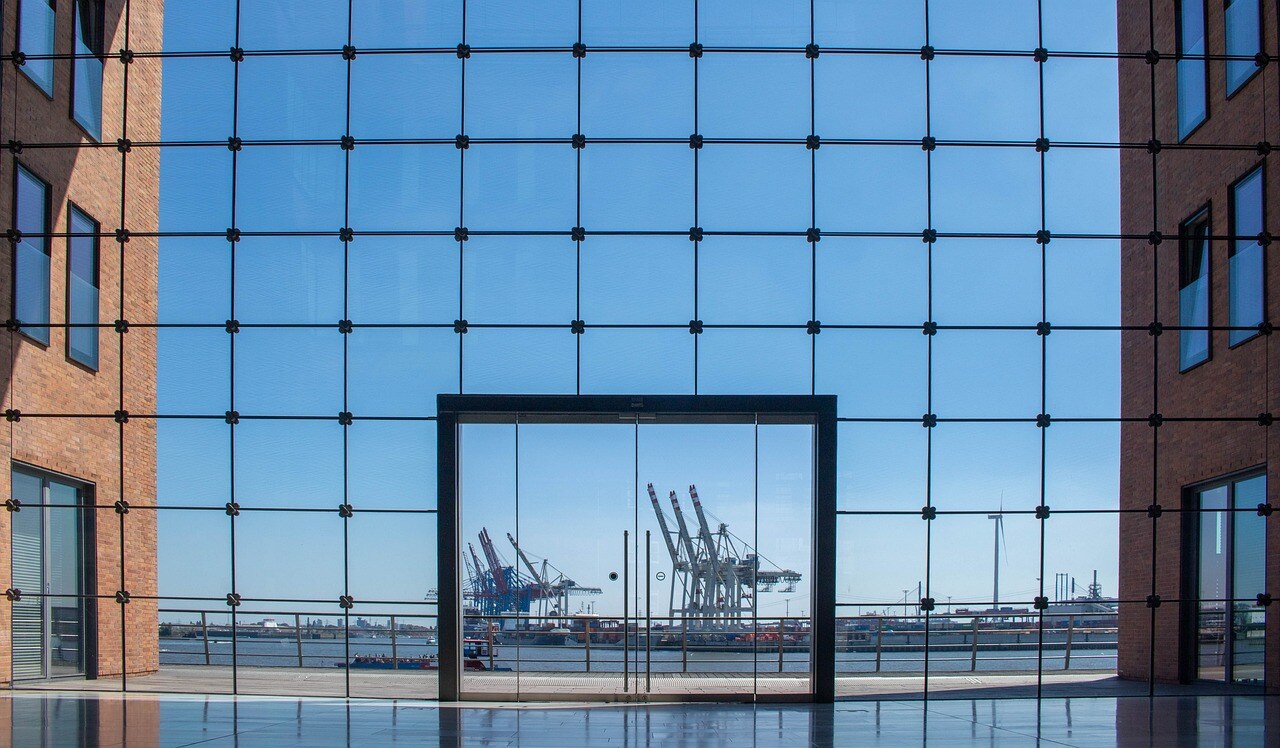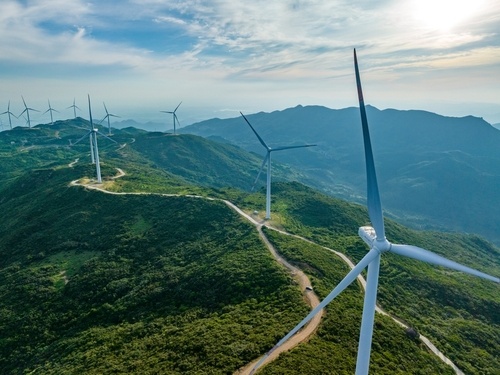Before diving into the specifics of sustainability initiatives, it's essential to understand why they matter. Consumers are increasingly prioritising environmentally friendly products and are holding brands accountable for their environmental footprint.
Key members of your supply chain, such as retailers, are also facing increased pressure to de-carbonise their supply chain. Reporting your emissions and footprint actively influences whether you remain a supplier or not.
Moreover, regulatory bodies impose stricter regulations on carbon emissions and waste management, making sustainability a non-negotiable aspect of business strategy.
Step-by-Step Guide to Sustainability Projects...
Assess Your Current Footprint
The first step towards sustainability is understanding your current environmental impact. Conduct a comprehensive assessment of your operations, including energy consumption, waste generation, and carbon emissions. This baseline assessment will serve as a benchmark to measure the effectiveness of your sustainability efforts.
Set Clear Goals and Targets
Based on the assessment, establish realistic sustainability goals and targets for your organization. These goals should be specific, measurable, achievable, relevant, and time-bound (SMART). Clear objectives are crucial, whether reducing carbon emissions by a specific percentage or achieving zero waste to landfill.
Allocate Resources and Expertise
Sustainability initiatives require dedicated resources and expertise. Allocate a budget and assemble a cross-functional team to spearhead sustainability projects. This team should include individuals with expertise in environmental science, engineering, and project management.
Implement Sustainable Practices
With goals set and resources allocated, it's time to implement sustainable practices across your operations. This may involve investing in energy-efficient technologies, optimizing supply chain processes, and implementing waste reduction strategies. Start with low-hanging fruit initiatives that deliver quick wins, then gradually scale up with more ambitious projects.
Monitor, Measure, and Adjust
Sustainability is an ongoing journey, not a one-time endeavor. Establish robust monitoring and measurement mechanisms to track progress towards your sustainability goals. Analyze data regularly and identify areas for improvement. Be prepared to adjust your strategies and initiatives based on feedback and changing business dynamics.
Communicate and Engage Stakeholders
Transparency and communication are critical components of successful sustainability initiatives. Keep stakeholders informed about your progress and achievements through regular updates, reports, and communication channels. Engage employees, suppliers, customers, and communities in your sustainability journey to foster a culture of environmental responsibility.
Summary
Sustainability is no longer an optional add-on for food and drink manufacturers; it's a strategic imperative. Food and Drink manufacturers can adopt a proactive approach to sustainability using the steps outlined. This can lead to an enhanced brand reputation, and cost reductions, also contributing to future sustainability. Embrace sustainability beyond buzzwords and pave the way for a greener, more resilient industry.
.jpg)







